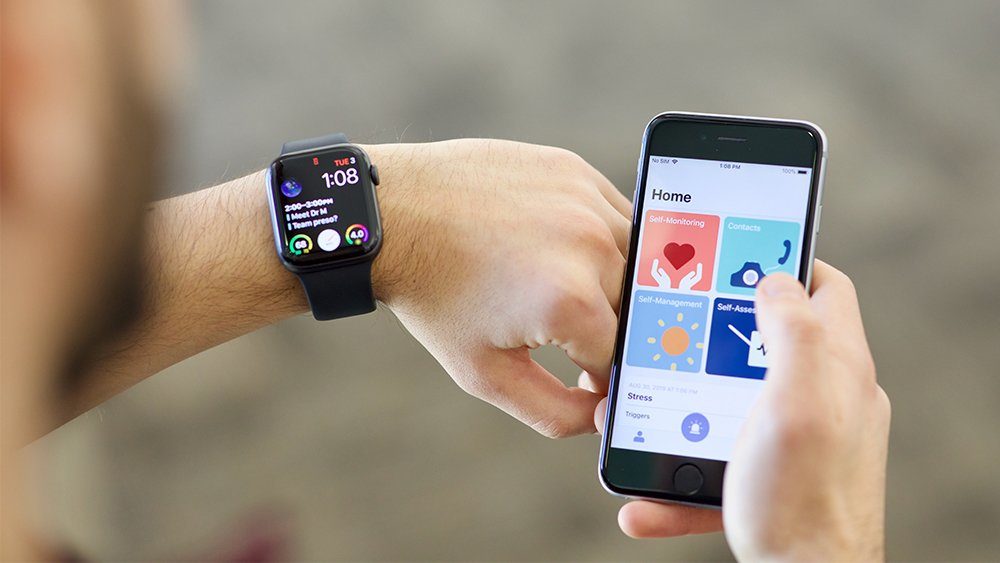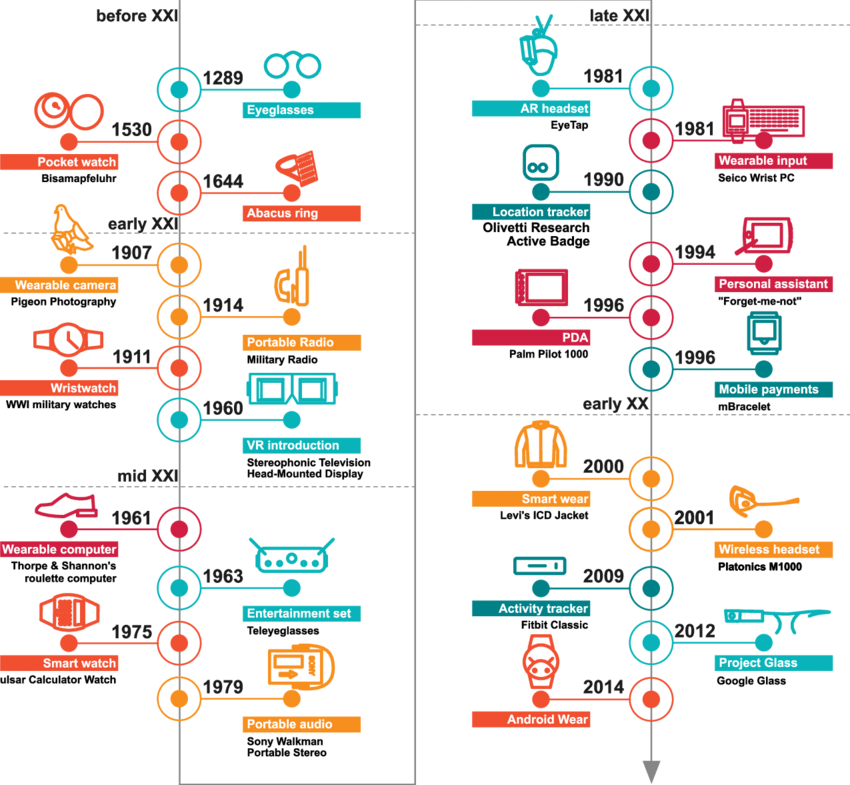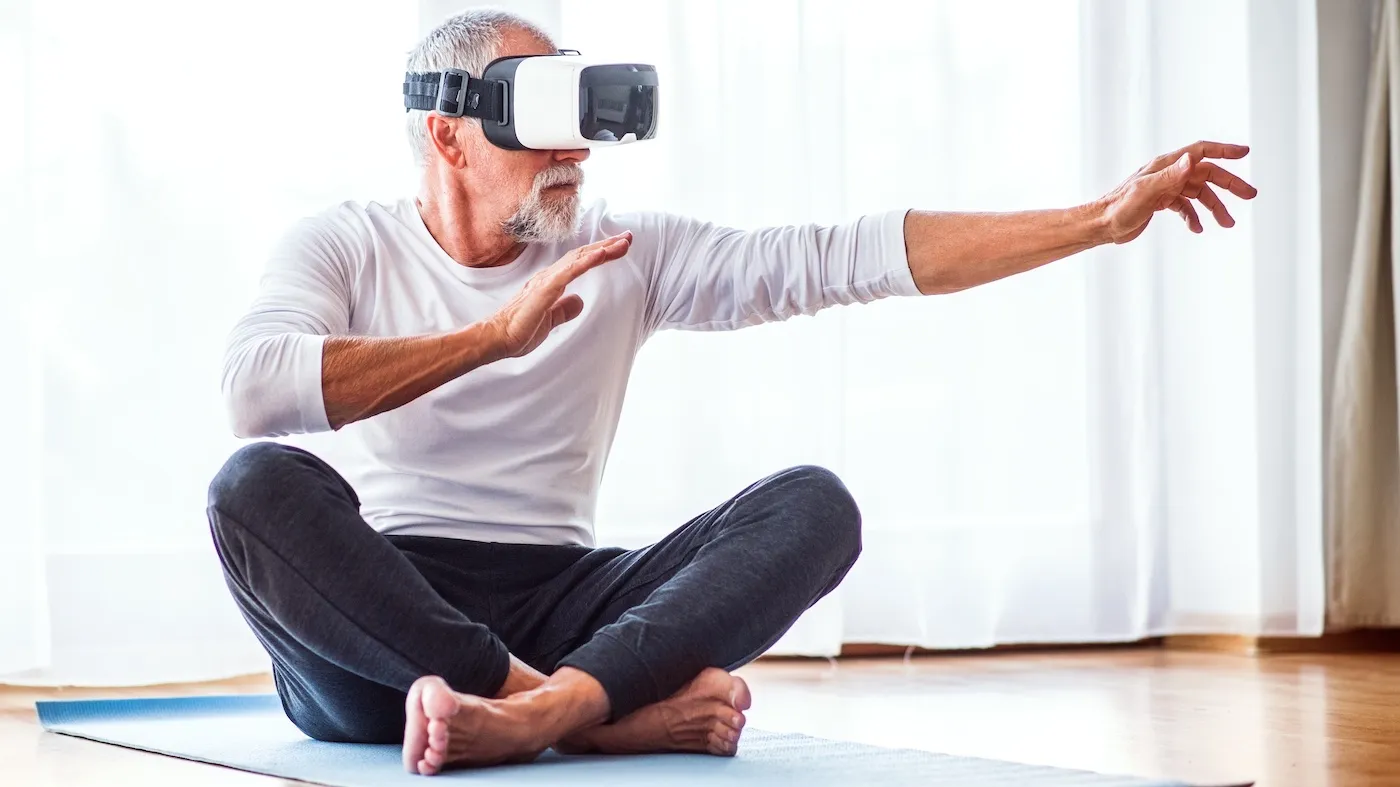
Wearable Tech for Mental Health: Beyond Step Counting
Exploring the future of mental health through advanced wearable technology.Remember when fitness trackers were all about counting steps and calories burned? Those days are long gone. Today's wearable devices are pushing into exciting new territory - mental health monitoring and support. As someone who's been following this field closely, I'm continually amazed by how rapidly the technology is evolving.
The Evolution of Wearables
The journey from basic pedometers to sophisticated health monitors has been nothing short of remarkable. Early fitness trackers were essentially glorified step counters. Now, we have devices that can monitor our heart rate, sleep patterns, and even stress levels throughout the day[1].
But the real game-changer has been the shift towards mental health applications. It's like we've gone from having a simple odometer to a full-fledged mood ring on our wrists - except this one actually works!

Current Mental Health Wearables
Today's wearables are equipped with an array of sensors that can detect physiological markers associated with mental health. For instance, many devices now track heart rate variability (HRV), which is closely linked to stress levels[1]. Some even monitor skin conductance, which can indicate emotional arousal.
One of the most exciting developments I've seen is the use of AI and machine learning to interpret this data. These algorithms can detect patterns that might indicate anxiety, depression, or other mental health issues, often before the wearer is even aware of them[5].
How It Works
The science behind these devices is fascinating. They essentially act as continuous, non-invasive health monitors. By tracking things like heart rate, sleep quality, and physical activity, they can build a comprehensive picture of a person's overall well-being[1].
For example, irregular sleep patterns or a sudden decrease in physical activity might be early warning signs of depression. By detecting these changes, wearables can prompt users to seek help or make lifestyle adjustments before the issue becomes more serious.
Benefits and Potential
In my experience, one of the most significant advantages of these devices is their ability to provide early detection of mental health issues. They offer a level of continuous monitoring that was previously impossible outside of a clinical setting[5].
Moreover, they can provide personalized interventions and recommendations. Imagine your watch noticing you're stressed and suggesting a quick breathing exercise, or reminding you to call a friend when it detects signs of social isolation. It's like having a tiny therapist on your wrist!

Popular Devices and Apps
While I can't endorse specific products, there are several devices making waves in this space. Some smartwatches now offer features like stress tracking and guided meditation. There are also specialized devices designed specifically for mental health monitoring, which can track more nuanced physiological markers[7].
Integration with Traditional Therapy
One of the most exciting developments I've observed is how therapists and psychiatrists are beginning to incorporate wearable data into their practice. This concept, known as "digital phenotyping," allows for a more comprehensive and objective view of a patient's mental state over time[5].
Challenges and Concerns
Of course, it's not all smooth sailing. Privacy and data security are significant concerns. After all, mental health data is incredibly sensitive. There's also the risk of overreliance on technology or misinterpretation of data[5].
Accuracy is another challenge. While these devices are becoming increasingly sophisticated, they're not infallible. There's always the risk of false positives or missed warning signs.
The Future of Mental Health Wearables
Looking ahead, I'm excited about the potential for even more advanced technologies. Imagine wearables that can detect emotions based on vocal patterns or facial expressions. Or devices that can predict and help prevent manic episodes in people with bipolar disorder[7].
Impact on Mental Health Care
I believe wearables have the potential to revolutionize mental health care. By providing continuous, objective data, they could help reduce the stigma around mental health issues and make it easier for people to seek help when they need it[5].
In conclusion, while we're still in the early stages of this technology, the potential is enormous. Wearable devices for mental health are not just about counting steps anymore - they're about counting moments, moods, and meaningful changes in our well-being. As we continue to innovate in this space, we're moving closer to a future where technology doesn't just track our health, but actively helps us improve it.
References
- https://www.ncbi.nlm.nih.gov/pmc/articles/PMC10242473/
- https://www.ncbi.nlm.nih.gov/pmc/articles/PMC9330198/
- https://dl.acm.org/doi/10.1145/3544548.3581209
- https://www.oxjournal.org/wearable-technology/
- https://www.pewresearch.org/internet/2018/12/10/improvements-ahead-how-humans-and-ai-might-evolve-together-in-the-next-decade/
- https://www.sciencedirect.com/science/article/pii/S2666603022000069
- https://www.linkedin.com/pulse/transforming-mental-health-ai-powered-wearable-devices-aitechpark-smwvf
- https://www.researchgate.net/publication/376516990_The_Role_of_Smart_Wearable_Devices_in_Promoting_Active_Lifestyle_for_Better_Physical_and_Mental_Health_A_Literature_Review
Mindful Eating for Busy Professionals: Transform Your Meals from Stressful to Soulful






Comments
No comments yet. Be the first to comment!
Leave a Comment